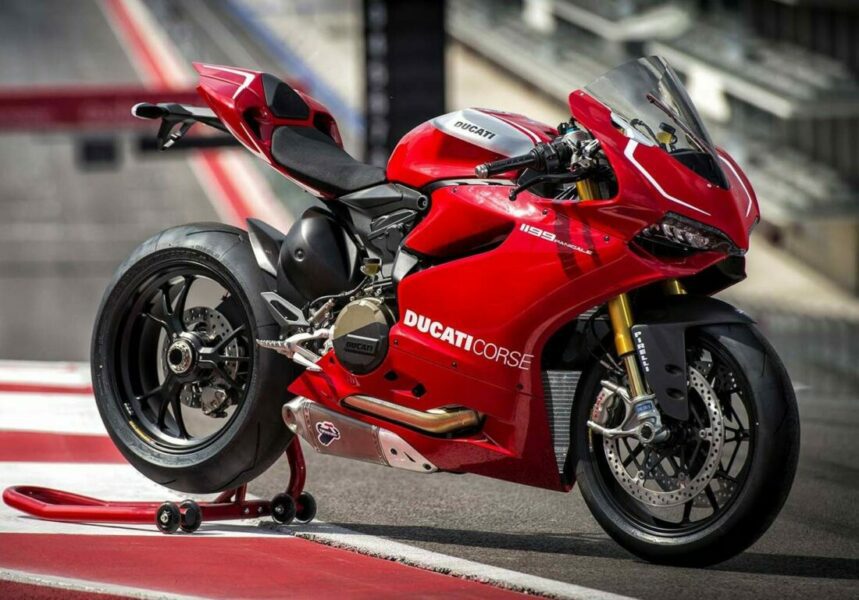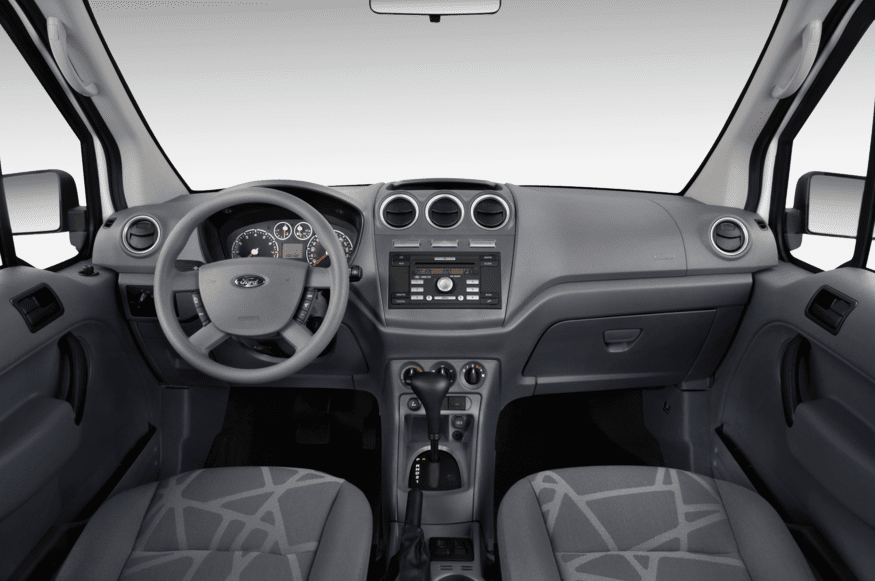
The most trusted car brands according to carVertical
A vehicle that breaks down often tends to frustrate its owner. Delays, inconvenience, and repair costs can turn your life into a nightmare.
Reliability is a quality you should look for in a used car. What are the most reliable car brands? Below, you will find a carVertical car reliability rating, to help you make an informed decision. But first, let's briefly explain the process.
How was the reliability of the cars assessed?
We have compiled the list of reliable car brands using one telling criterion: damage.
Findings are based on carVertical vehicle history reports.
The used car ranking that you will see is based on the percentage of damaged cars of each brand compared to the total number of brand cars analyzed.
Here is the list of the most reliable used car brands.

1. KIA – 23.47%
Kia's tagline, "The Power to Surprise," certainly lived up to the hype. Even with more than 1,4 million vehicles produced each year, the South Korean manufacturer occupies the first place with only 23,47% of models analyzed damaged.
But the most reliable car brand is not without flaws, and its vehicles are prone to flaws:
- Common Electric Power Steering Failure
- Handbrake failure
- Possible failure of DPF (particulate filter)
The company's focus on reliability should come as no surprise, Kia models come with advanced safety systems, including front-end collision avoidance, autonomous emergency braking and vehicle stability management.
2. Hyundai – 26.36%
The Hyundai Uslan Plant is Asia's largest auto plant, spanning a staggering 54 million feet (approximately 5 square kilometers). Hyundai is in second place, with damage sustained for 26,36% of all models analyzed.
However, used cars from Hyundai can experience common breakdowns:
- Corrosion of the rear subframe
- Handbrake problems
- Fragile windshield
Why such a high ranking for car reliability? Well, Hyundai is the only auto company that makes its own ultra high strength steel. The automaker also makes the Genesis, one of the safest cars in the world.
3. Volkswagen - 27.27%
German for "The People's Car", Volkswagen produced the legendary Beetle, a 21,5th century icon that sold over 27,27 million units. The automaker ranks third among carVertical's most trusted car brands, with damage to XNUMX% of all models analyzed.
Although sturdy, Volkswagen cars tend to experience some malfunctions, including:
- Broken dual-mass flywheel
- Manual transmission may fail
- Problems with the ABS (anti-lock braking system) / ESP (electronic trajectory control) module
Volkswagen strives to protect car passengers through a series of safety features such as adaptive cruise control, impending braking in the event of an accident and blind spot detection.
4. Nissan - 27.79%
Nissan has long been the world's largest maker of electric vehicles before Tesla took the world by storm. With space rockets among its past creations, the Japanese automaker racked up damage on 27,79% of all models analyzed.
But as durable as they are, Nissan vehicles are vulnerable to multiple problems:
- Differential failure
- Very common structural corrosion in the center rail of the chassis
- Automatic transmission heat exchanger may fail
Nissan has always placed an emphasis on safety, developing innovative technologies, such as the construction of zone bodies. Safety Shield 360, and intelligent mobility
5. Mazda – 29.89%
After starting as a cork maker, the Japanese company adapted the first Miller cycle engine, an engine for ships, power stations and locomotives. Mazda sustained damage on 29,89% of all models analyzed according to the carVertical database.
Most often, the brand's vehicles are vulnerable to:
- Turbo failure on Skyactive D engines
- Fuel injector leakage on diesel engines
- Very common ABS (anti-lock brake) pump failure
The mediocrity of the exhibition does not take away from the fact that its models have some impressive safety features. For example, Mazda's i-Activesense incorporates advanced technologies that recognize potential dangers, prevent crashes and reduce the severity of crashes.
6. Audi - 30.08%
Latin for “Listen,” a translation of its founder's surname, Audi has a reputation for luxury and performance, even as a used car. Prior to its acquisition by the Volkswagen Group, Audi once teamed up with three other brands to form the Auto Union GT. The four rings of the logo symbolize this fusion.
Audi missed 5th place by a tiny margin, with 30,08% of the models analyzed having been damaged.
Cars of the automotive company exhibit a tendency for the following failures:
- Heavy clutch wear
- Power steering failure
- Faults of the manual transmission
Oddly enough, Audi has a long history with safety, having carried out its first crash test over 80 years ago. Today, the German manufacturer's cars are equipped with some of the most advanced active, passive and driver assistance systems.
7. Ford - 32.18%
Automotive company founder Henry Ford shaped today's automotive industry by inventing the revolutionary 'moving assembly line', which reduced the production time of cars from 700 to an incredible 90 minutes. It is therefore disconcerting that the famous automaker ranks so low, but data from carVertical shows that 32,18% of all Ford models analyzed were damaged.
Ford models seem inclined to experiment:
- Broken dual-mass flywheel
- Failure of clutch, power steering pump
- Failures of the automatic transmission CVT (Continuously Variable Transmission)
The American automaker has long emphasized the importance of driver, passenger and vehicle safety. Ford's Safety Canopy system, which deploys curtain airbags in the event of a side impact or rollover, is a prime example.
8. Mercedes-Benz - 32.36%
The famous German car maker introduced what is considered the first gasoline-powered automobile in 1886. Whether new or used, a Mercedes-Benz car evokes luxury. However, according to CarVertical, 32,36% of all Mercedes-Benz scans were damaged.
Despite their remarkable quality, Mercs suffer from a few common issues:
- Headlights can absorb moisture
- Fuel injector leakage on diesel engines
- Very frequent failure of the Sensotronic brake system
But the brand with the slogan “The best or nothing” has pioneered automotive design, technology and innovation. From early versions of ABS to the Pre-Safe system, Mercedes-Benz engineers introduced several safety features that are now common in the industry.
9. Toyota – 33.79%
The Japanese automobile company produces more than 10 million vehicles per year. The company also manufactures the Toyota Corolla, the world's best-selling car with more than 40 million units sold worldwide. Shockingly, 33,79% of all Toyota models analyzed were damaged.
Toyota vehicles seem likely to have a few common faults:
- Rear suspension height sensor failure
- A / C failure (air conditioning)
- Susceptible to severe corrosion
Despite its ranking, Japan's largest automaker began performing crash tests as early as the 1960s. More recently, it released the second generation Toyota Safety Sense, a suite of active safety technologies capable of detecting pedestrians the night and cyclists by day.
10. BMW – 33.87%
The Bavarian car maker started out as a manufacturer of aircraft engines. But after the end of World War I, it turned to motor vehicle production, and today it is the world's leading manufacturer of luxury cars. With only 0,09%, BMW obtained the lowest score for car reliability, instead of Toyota. The Bavarian automaker sustained damage on 33,87% of all models analyzed.
Second-hand projectors have their faults:
- ABS (anti-lock braking) sensors can fail
- Various electrical failures
- Wheel alignment problems
BMW's ranking in last position is confusing, in part because BMW is known for its innovation. The German automaker has even developed a safety and accident research program to help design safer cars. Sometimes security doesn't translate into reliability.
Are the most reliable used cars the most bought?

It is obvious that the most reliable brands are not in great demand when buying a used car.
Most people avoid them like the plague. With the exception of Volkswagen, the five most trusted car brands are nowhere among the most purchased brands.
You wonder why ?
Well, the most bought brands are some of the biggest and oldest car brands in the world. They have invested millions in advertising, marketing and building an alluring image of their cars.
People are starting to make favorable associations with the vehicle they see in movies, on television and on the Internet.
It is often the brand that sells, not the product.
Is the used car market reliable?

The second-hand used car market is a minefield for a potential buyer, not least due to reduced mileage.
Mileage reduction, also known as “Clocking” or odometer fraud, is an illegal tactic used by some sellers to make vehicles appear to have lower mileage by reducing odometers.
As the graph above shows, it is the most purchased brands that suffer the most from the reduction in mileage, with used BMW cars accounting for more than half of the cases.
Odometer fraud allows the seller to unfairly charge a higher price, which means they can scam buyers into paying extra for a car in bad condition.
In addition, they could have to pay thousands of dollars in repairs.
Conclusion
There is no doubt that brands with a reputation for reliability are anything but reliable, but their cars are in high demand.
Unfortunately, the most trusted car brands aren't as popular.
If you are thinking of buying a used car, do yourself a favor and get a vehicle history report before paying thousands of dollars for poor driving.

